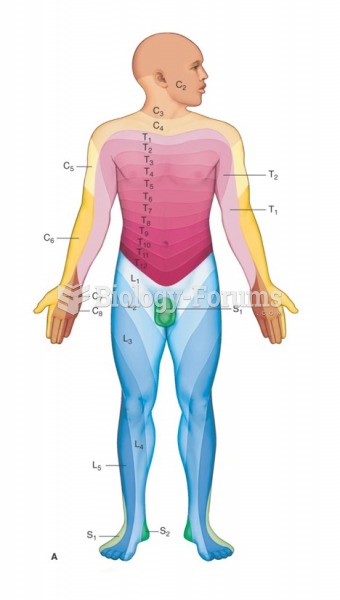Answer to Question 1
Correct Answer: 4
Rationale 1: Most body tissues, such as the kidneys, can use fatty acids and protein for energy, if necessary.
Rationale 2: Most body tissues, such as the lungs, can use fatty acids and protein for energy, if necessary.
Rationale 3: Most body tissues, such as the heart, can use fatty acids and protein for energy, if necessary.
Rationale 4: Most body tissues can use fatty acids and protein for energy, if necessary. The brain cannot because it is unable to synthesize glucose, and it exhausts its supply after just a few minutes of activity.
Global Rationale: Most body tissues, such as those in the kidneys, lungs and heart, can use fatty acids and protein for energy, if necessary. The brain cannot because it is unable to synthesize glucose, and it exhausts its supply after just a few minutes of activity.
Answer to Question 2
Correct Answer: 1,2,3,4
Rationale 1: This medication is contraindicated in clients with sleep apnea due to potentially fatal respiratory impairment.
Rationale 2: This medication is contraindicated in clients with severe obesity due to potentially fatal respiratory impairment.
Rationale 3: This medication should be used with caution in clients with severe renal disease due to reduced clearance.
Rationale 4: This medication should be used with caution in clients with diabetes mellitus due to hyperglycemia and insulin resistance.
Rationale 5: A foot wound is not a contraindication for this medication.
Global Rationale: Sleep apnea and obesity are a contradiction due to potentially fatal respiratory impairment. This medication should be used with caution in clients with severe renal disease due to reduced clearance. This medication should be used with caution in clients with diabetes mellitus due to hyperglycemia and insulin resistance. A foot wound is not a contraindication for this medication.







